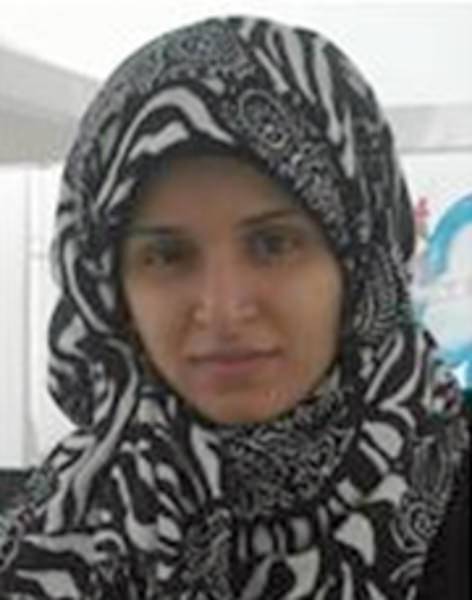Poet arrested by Bahrain security. After reciting a satirical poem during the Bahraini protests, Ayat Al-Qormezi was arrested. Her parents were tortured by gunmen, who told them their four sons, who had been forced face-down onto the floor, would be murdered before their eyes if they were not told where their daughter, the poet Ayat, was.

Mahmood Al-Yousif, the Bahraini “blogfather” who was arrested last week, was freed shortly thereafter due in part to pressure from the U.S. government.
Will the U.S. exert equal pressure to free a young lady whose fame is mostly as a poet? Will Bahrainis agitate for her release?
Additional Bahraini bloggers arrested in the crackdown include Mohamed El-Miskati.
If anyone has a link to, or copy of, the poem that Ayat recited in Pearl Square on the 23rd of February, please share it with all of us in the comments.
American governmental transparency sites to be shuttered. It was reported that Data.gov and a number of related sites, started at the instruction of President Barak Obama to increase transparency in government, are going to be shut down due to budget constraints. Some groups are mounting challenges to those shut-downs.

China arrests its best-known artist. Ai Weiwei, a globally-regarded artist and the architect of the “Bird’s Nest” stadium, was arrested this week by Chinese authorities. Ai is a blunt-talker and critic of the government. ReadWriteWeb founder, Richard MacManus, served on a panel last year with Ai and reports on the efforts to free him.
U.S. developing cell phone “panic button.” The U.S. government is funding the development of an application that will allow pro-democracy activists to delete all incriminating evidence on their cell phones with a single click while sending out an alert to their fellow activists.

LiveJournal suffers DDOS attacks. For the past several weeks, LiveJournal, one of the earliest blogging hosts, has been suffering large-scale distributed denial of service attacks. The company says that the attacks have targeted a number of different users’ journals, some of whom are political in nature. The service has a large number of Russian users, including its president, Dmitry Medvedev.
Ayat photo via Islamic Human Rights Commission

















